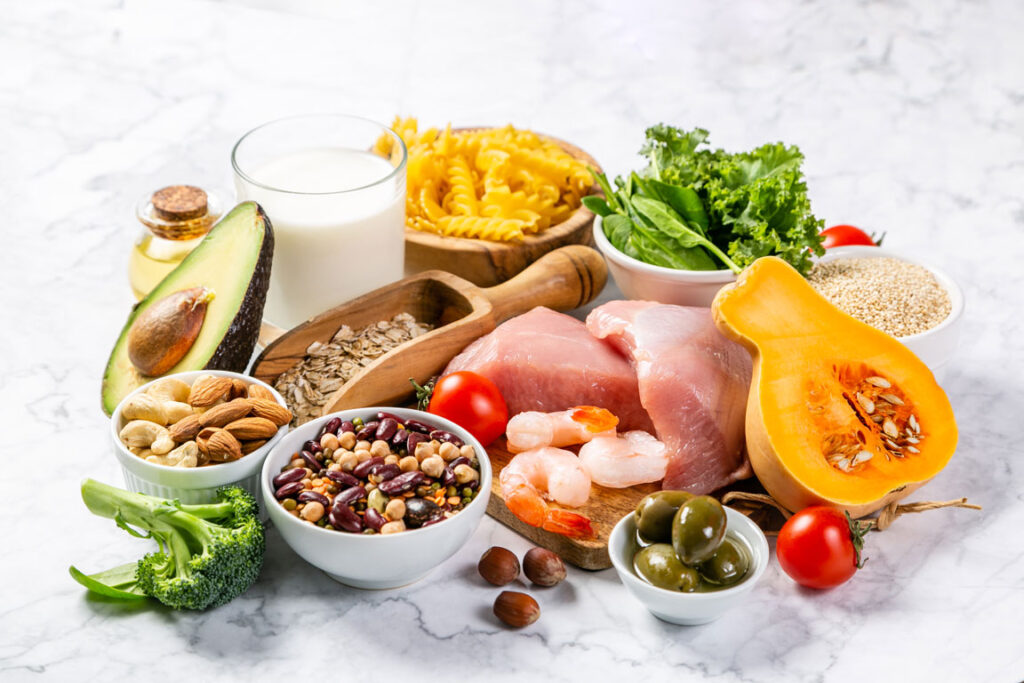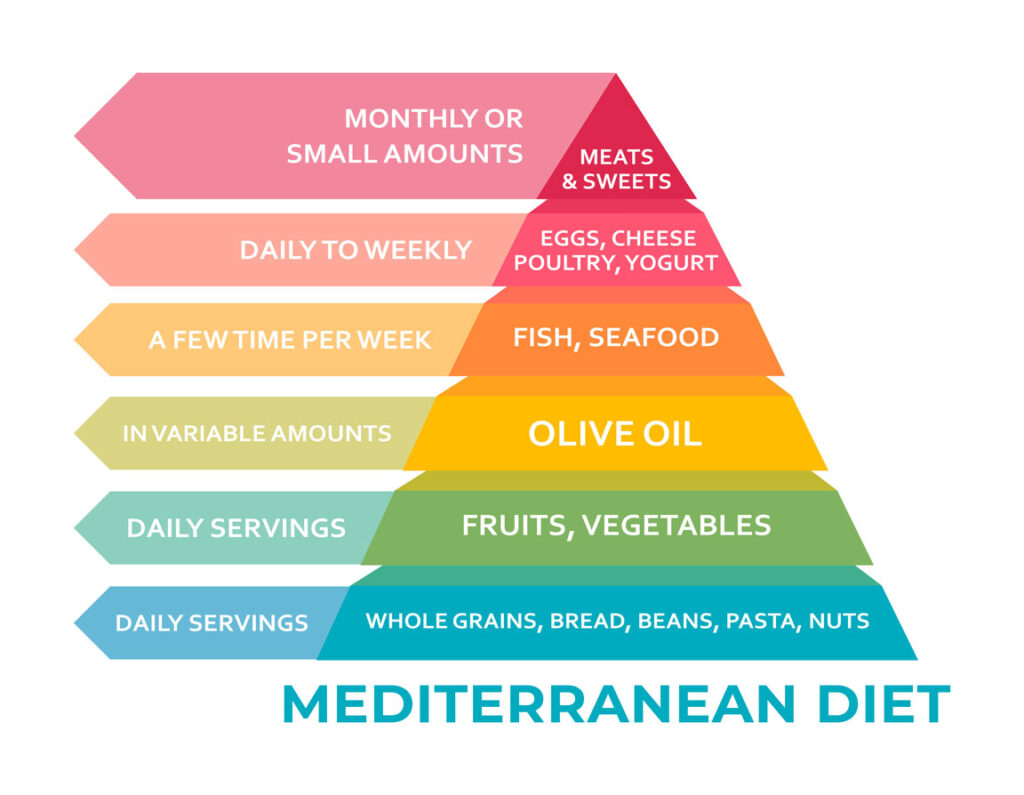When suffering from the pains associated with joint inflammation, there is nothing you want more than to mitigate your discomfort. An Anti-Inflammatory Diet, sometimes referred to as the Mediterranean Diet, can work in combination with chiropractic therapy, speeding up the recovery process while promoting a healthier lifestyle. This article discusses the primary benefits of an Anti-Inflammatory Diet and the foods and nutrients this diet consists of.
The Primary Benefits of an Anti-Inflammatory Diet
An Anti-Inflammatory Diet is a way of eating that emphasizes whole, unprocessed foods and limits or eliminates foods that can cause bodily inflammation. The benefits of following an Anti-Inflammatory Diet include the following:
- Reduced Inflammation: Inflammation is a normal response in the body, but when it becomes chronic, it can contribute to various health problems, including chronic diseases such as heart disease, cancer, and arthritis. By limiting or eliminating pro-inflammatory foods, an Anti-Inflammatory Diet can help reduce overall inflammation in the body.
- Improved Gut Health: An Anti-Inflammatory Diet is rich in fiber and fermented foods, which can help improve gut health, promoting the growth of beneficial gut bacteria.
- Better Blood Sugar Control: An Anti-Inflammatory Diet emphasizes whole, unprocessed foods, which can help regulate blood sugar levels and reduce the risk of type 2 diabetes.
- Increased Energy and Mental Clarity: By eating a balanced, nutrient-dense diet, people on an Anti-Inflammatory Diet may experience increased energy and mental clarity, as well as improved mood.
- Weight Management: An Anti-Inflammatory Diet can help support weight management and promote healthy weight loss by focusing on whole, unprocessed foods.


Anti-Inflammatory Diet – Foods and Nutrition
- Fruits and vegetables: Various colorful fruits and vegetables are vital components of an Anti-Inflammatory Diet, as they are rich in antioxidants and anti-inflammatory compounds.
- Whole grains: Whole grains, like brown rice, quinoa, and whole wheat bread, provide fiber, vitamins, and minerals and help regulate blood sugar levels.
- Healthy fats: Foods high in healthy fats, such as olive oil, avocados, and nuts, can help reduce inflammation and improve heart health.
- Lean protein: Lean protein sources, such as fish, poultry, and legumes, can help support muscle growth and repair and provide essential amino acids.
- Fermented foods: Fermented foods, such as kefir, yogurt, and sauerkraut, are rich in probiotics, which can help improve gut health and reduce inflammation.
An Anti-Inflammatory Diet also includes a variety of spices, such as turmeric and ginger, which are known to have anti-inflammatory properties. However, an Anti-Inflammatory Diet may limit or eliminate foods known to cause inflammation, such as processed foods, sugar, and refined carbohydrates.



